What size wire should be used from the inlet box( fora generator)
Related Discussions
How to get rid of mice?
We seem to have some unwelcome Mickeys and Minnies in our house. What is the best way to get rid of them?
How to remove popcorn ceiling with asbestos?
I want to remove my popcorn ceiling, but it has asbestos in it. How do I go about this safely?
How to caulk baseboard gaps?
How do I fill gaps at baseboard, should I caulk? If so, does anyone know how to caulk baseboards?
How to fix squeaky hardwood floors?
How do I fix squeaky hardwood floors?
How do I kill the power from my main breaker?
I have a home built in 2006, the main panel does not seem to have a main breaker...? See attached pic of the main panel. It's a Siemens G3040 200 amp panel. Outs... See more
Any Ideas for this corner with the wood stove pipe?
I am unclear as to what to do with this part of my house, "The Breakfast Nook".

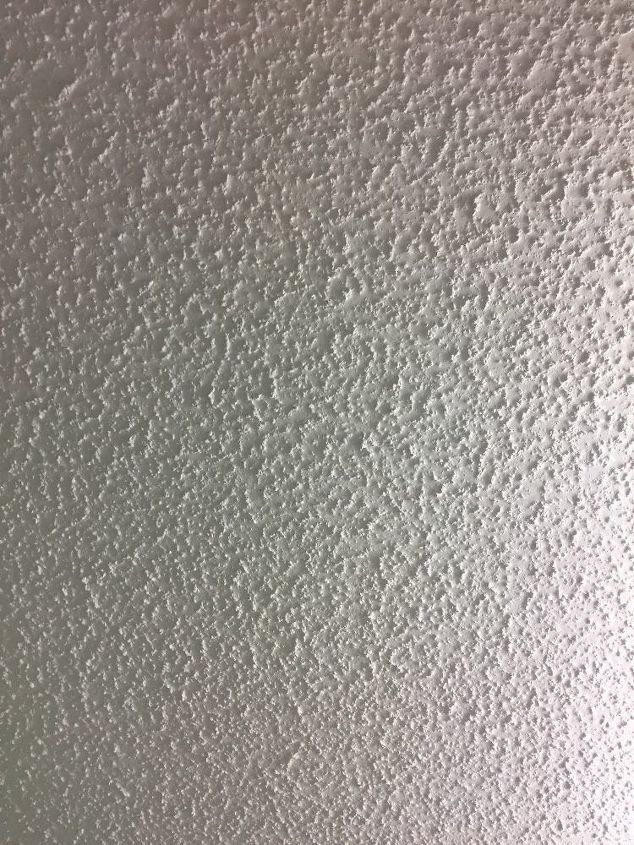
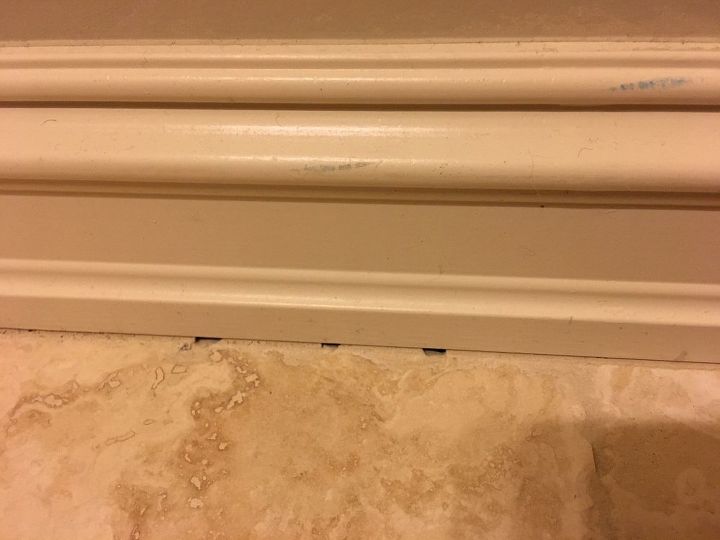
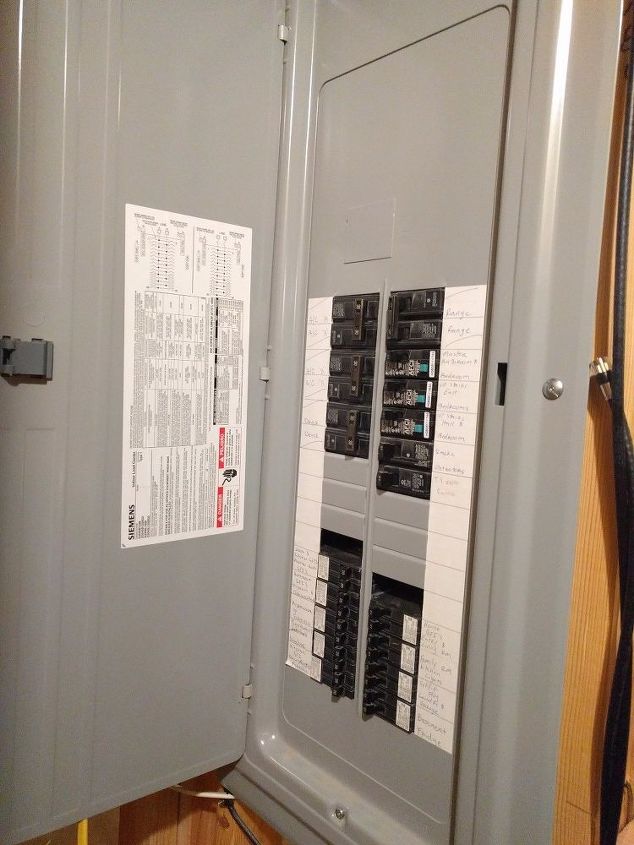
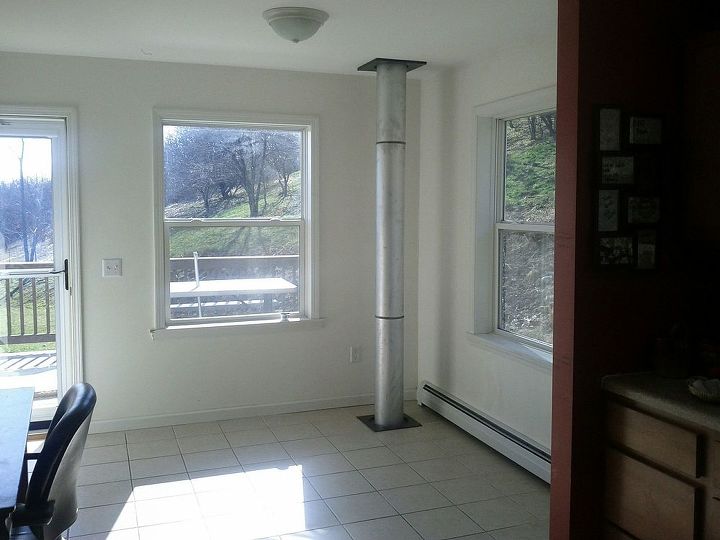
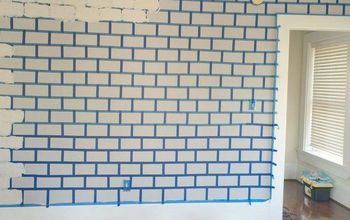
That depends on the output amperage of the generator. This is not a job for someone who asks a question like this on this forum. This is serious stuff and if the generator installation is not done correctly you could be responsible for serious injury or death of a utility worker. I urge you to obtain advice and services of a knowledgeable, preferably licensed, electrician.
Absolutely agree with Ken!!
Yes, Ken is right.
The kind that the licensed and bonded electrical contractor uses. You can burn your house down or be seriously injured or gruesomely killed playing with high voltage. The NEC (national electric code) is very large and detailed for a reason. If you are wondering if the wire that has been used by your contractor is sufficient for the load you should call another electrical contractor and ask them, most will tell you that kind of quick answer over the phone. Don’t forget that hardwiring a generator to your main panel will almost certainly require permitting by the municipality you reside in. That means a code enforcement inspector should come out and verify the installation process and details prior to your “pulling” the permit (your contractor should facilitate this for you). Failure to meet code and/or receive the proper permit will bar any potential buyer from getting a mortgage approved to purchase your home. Failure to obtain permitting will also release your homeowners insurance provider from liability to pay out on a claim against your policy should your home (God forbid) catch fire. Anyone can try their hand at almost any form of DIY home improvement, but no amateur should work with electrical, natural gas, or anything structural that requires a PE (professional engineer) stamp on the drawings. If you screw up most things like drywall, flooring, landscape, cabinets, painting etc. you have only lost some time and materials. Even plumbing can be attempted if you can deal with the potential of a leak that could cause water damage, but electricity, natural gas and load bearing/structural can cause injury or death to yourself and others if something goes wrong and should never be worked on by someone that is not both licensed AND bonded. A bond is a form of risk management along with other instruments such as insurance coverage that exist as forms of surety against potential, unforeseen occurrences. The difference between a surety bond and insurance is that insurance protects the interest of the policy holder while a bond protects the interest of a third party. Your contractor will have insurance to protect himself from financial loss, but he should also have purchased a surety bond that protects his customers (you) from major financial loss stemming from his negligence or disaster (if he had your roof off and was putting a new one on when he falls off the roof and becomes disabled resulting in damage and Inability to finish/fix the job but is unable to pay for it, his bond kicks in and pays you).
I defintely agree with Ken and everyone else. You cannot wire a generator directly to a main circuit box. Since you are asking don't even attempt to do it. You are going to a dangerous place. Hire a licensed electrician.